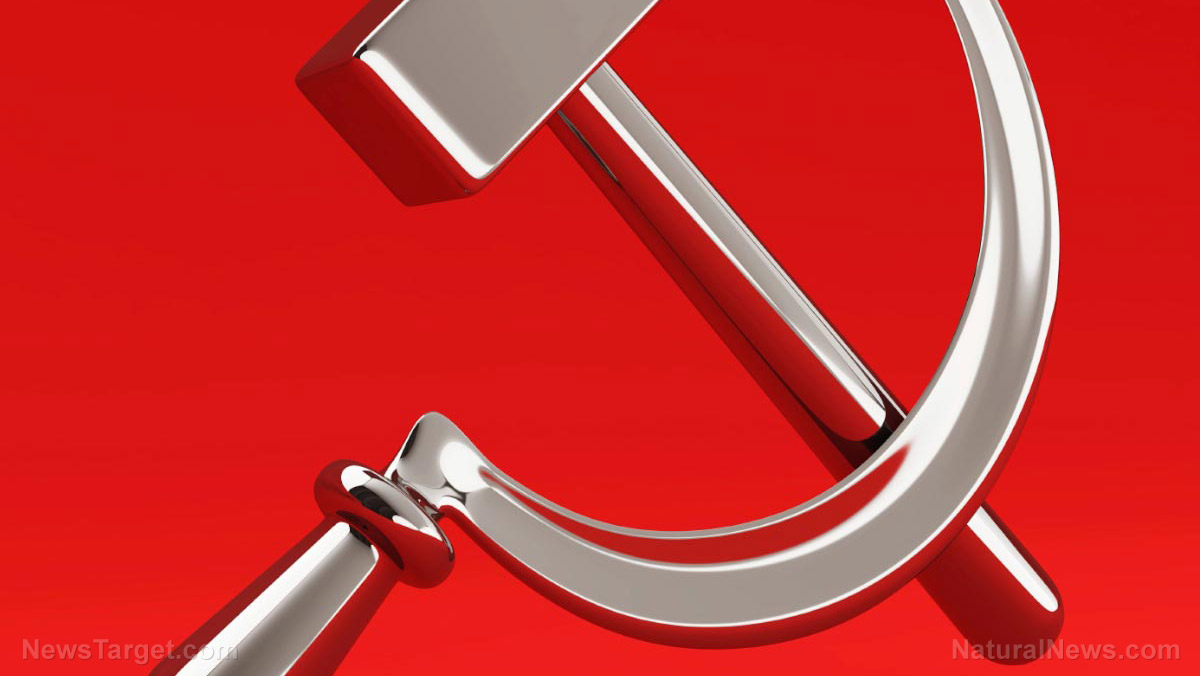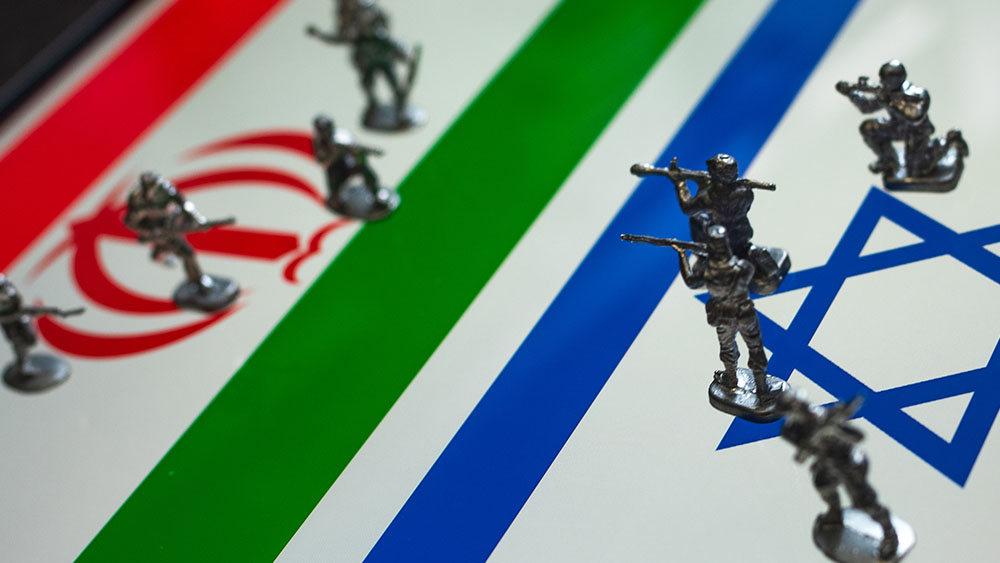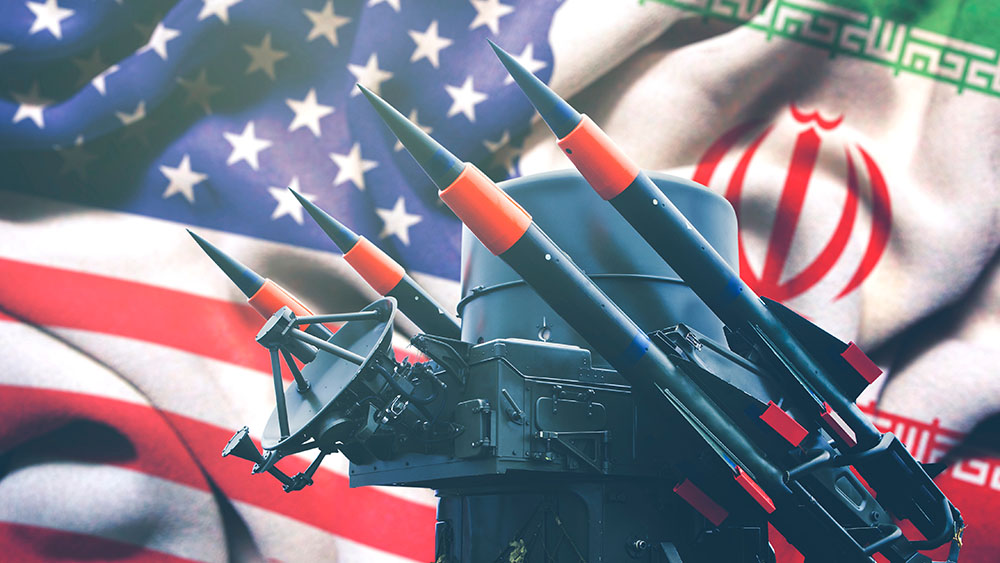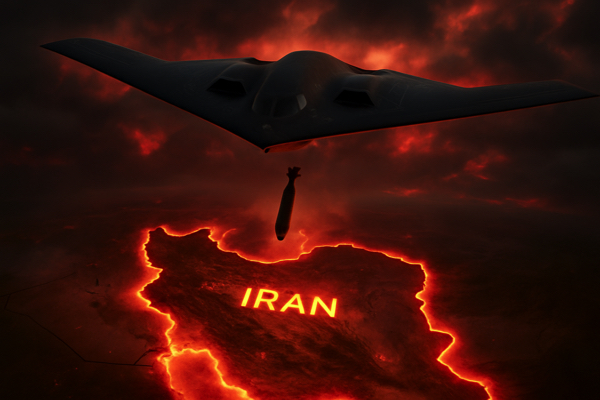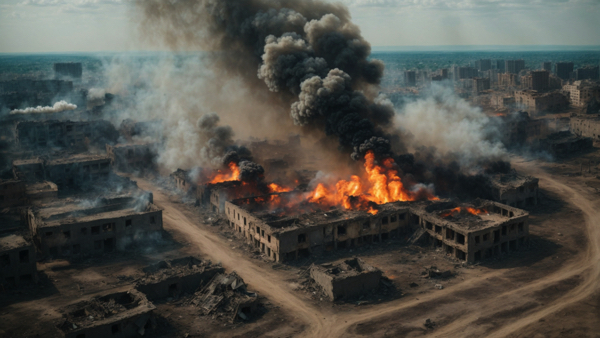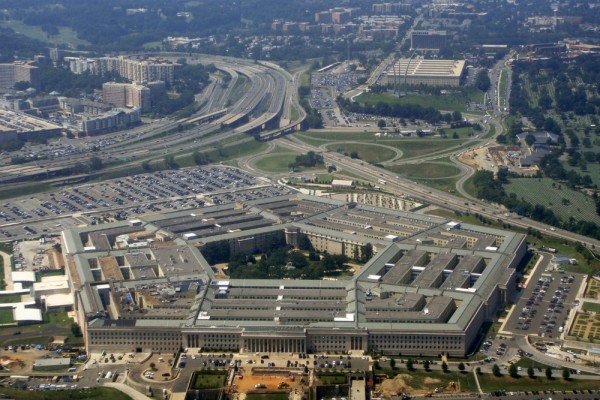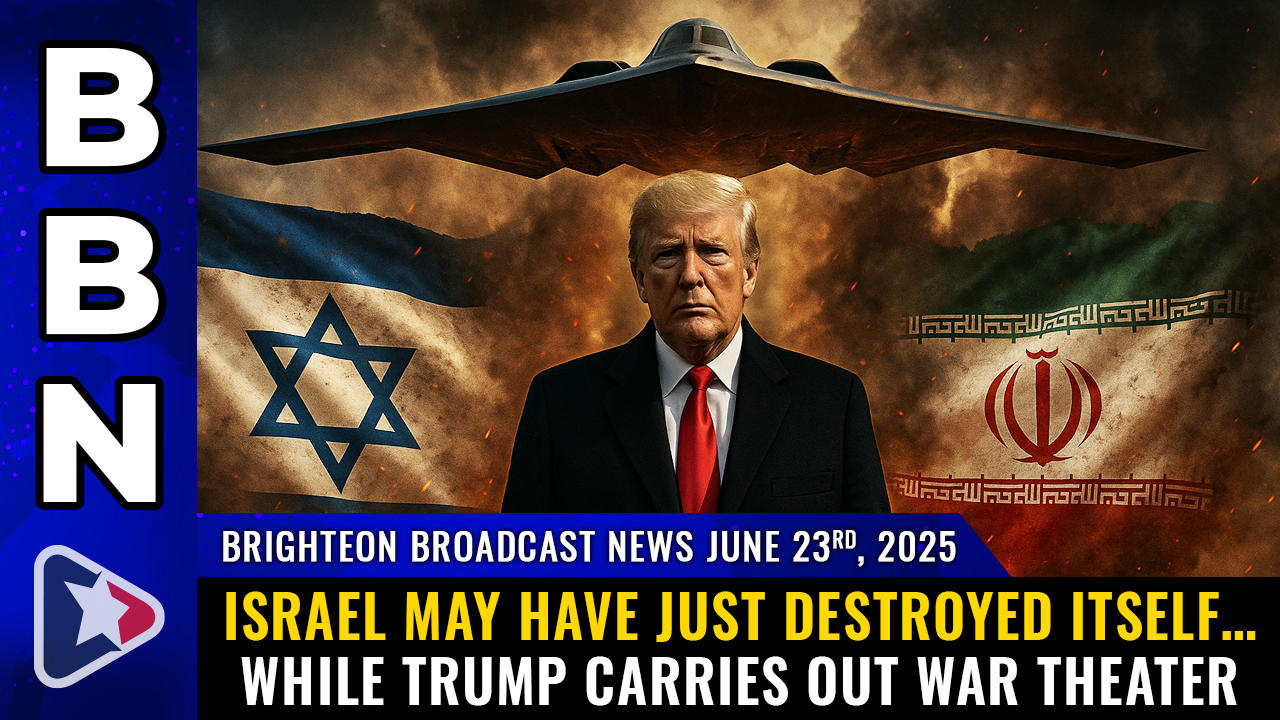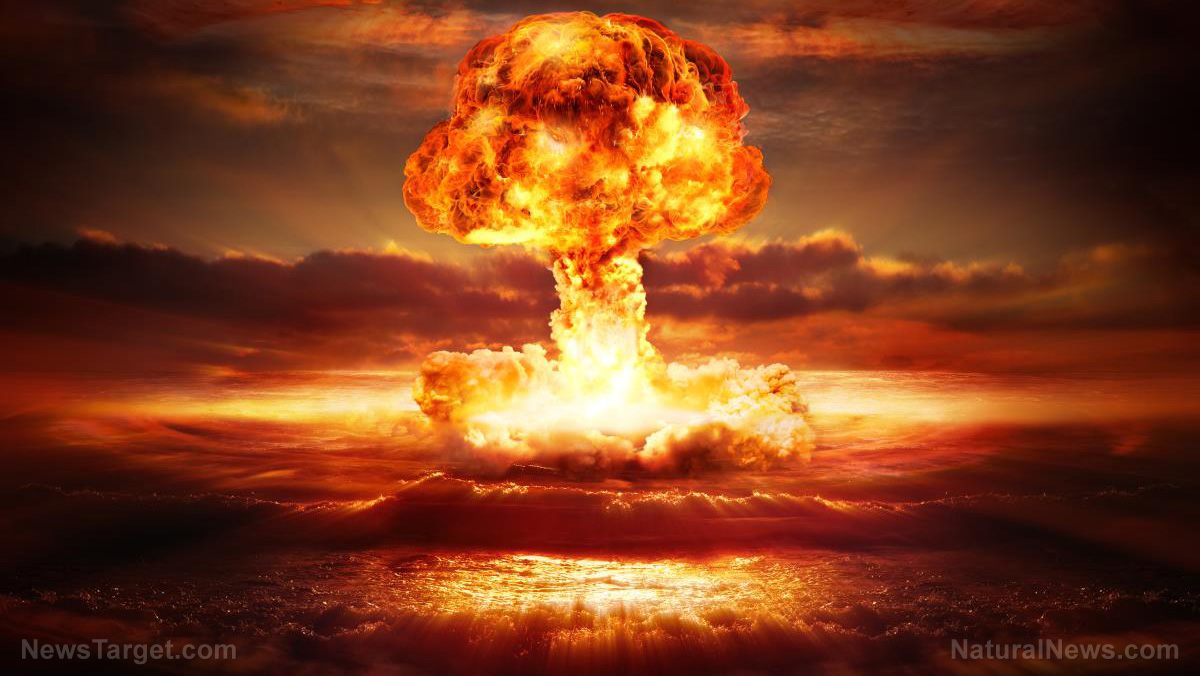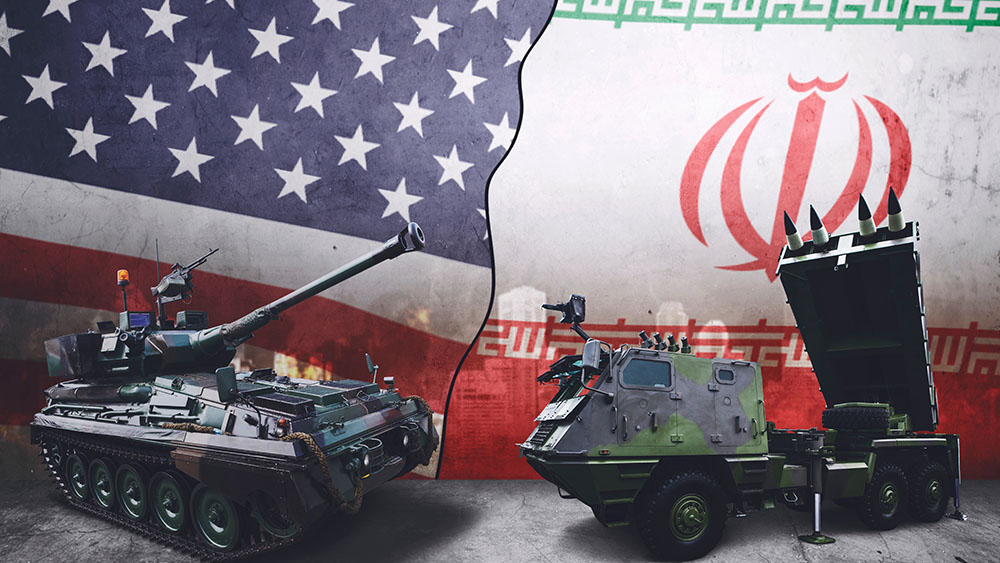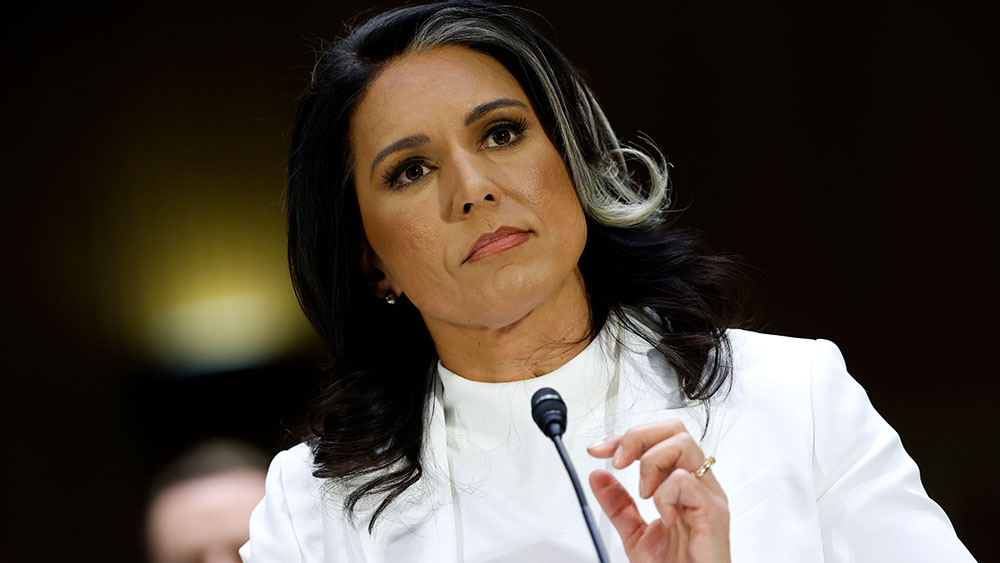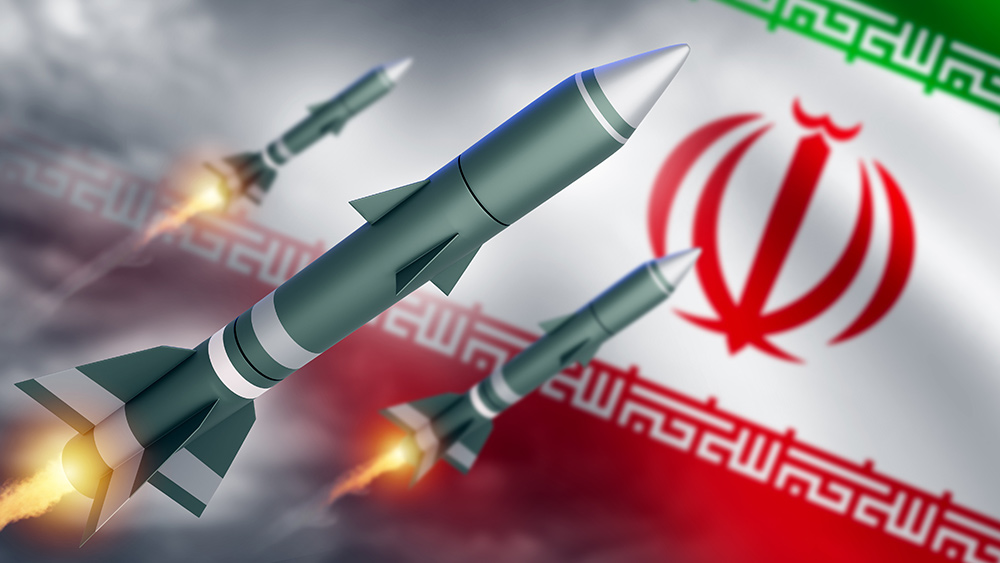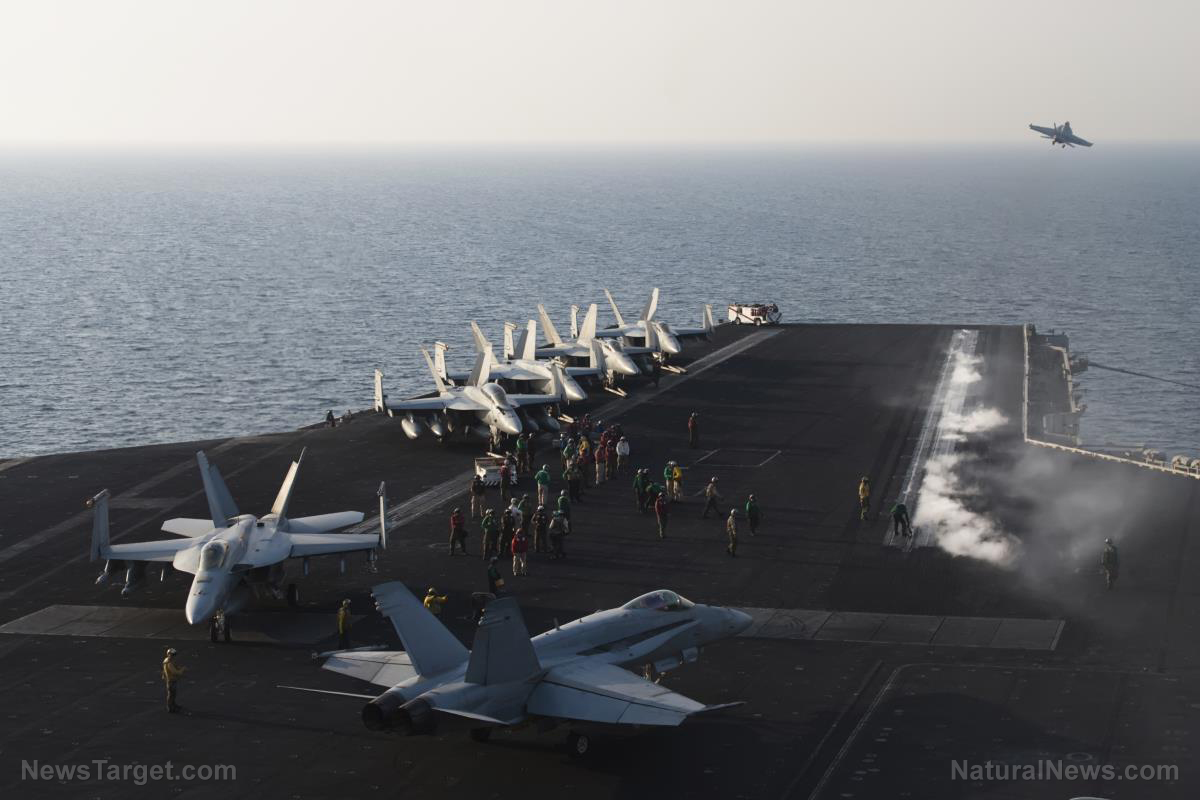Putin advocates for Iran’s peaceful nuclear rights amid regional tensions
06/23/2025 / By Belle Carter
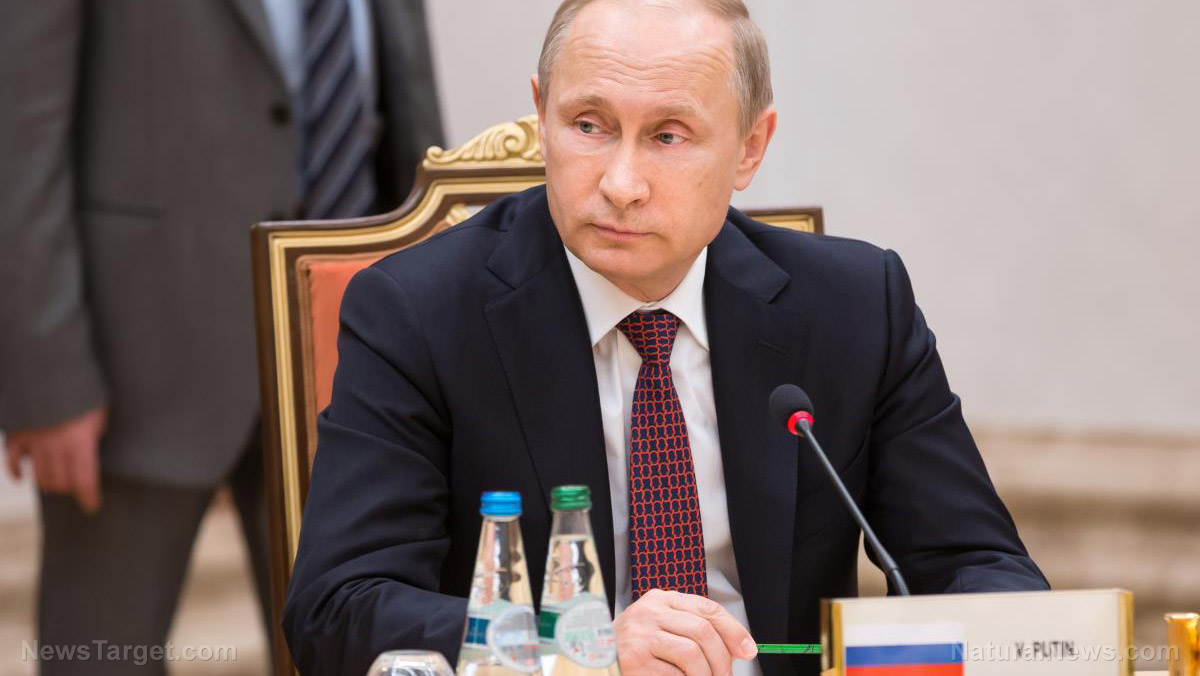
- Russian President Vladimir Putin reaffirmed Moscow’s stance on Iran’s nuclear program, asserting that Iran has the right to use nuclear technology for peaceful purposes, aligning with Russia’s long-standing policy.
- The International Atomic Energy Agency (IAEA) has confirmed the absence of evidence indicating Iranian efforts to acquire nuclear weapons, providing a factual basis for de-escalation and underscoring the importance of diplomatic solutions.
- The situation is marked by escalating conflicts, with Israel and the U.S. launching strikes against Iranian facilities, prompting retaliatory attacks from Iran.
- Putin urged both sides to resolve the conflict through negotiations, emphasizing the importance of mutual security guarantees. He highlighted Russia’s commitment to a diplomatic resolution and its role in mediating the conflict.
- Putin’s statements also touched on Russia’s broader geopolitical interests, including the need for Ukraine to be declared neutral and without nuclear weapons and the importance of respecting the results of referendums in Ukrainian regions to prevent further conflict.
Russian President Vladimir Putin recently reaffirmed Moscow’s stance on Iran’s nuclear program, asserting that Iran has the right to use nuclear technology for peaceful purposes.
This statement comes amidst escalating tensions in the Middle East, with Israel and the United States launching strikes against Iranian facilities. The International Atomic Energy Agency (IAEA) has confirmed the absence of evidence indicating Iranian efforts to acquire nuclear weapons, adding complexity to the geopolitical landscape.
During the plenary session of the St. Petersburg International Economic Forum (SPIEF) on Friday, June 20, Putin emphasized Russia’s support for Iran’s right to develop nuclear energy for peaceful purposes.
“We believe that Iran has the right to use nuclear power for peaceful purposes,” he stated, adding that Russia is prepared to provide the necessary support in this field. This position is consistent with Russia’s long-standing policy of advocating for the peaceful use of nuclear technology. (Related: Russia warns U.S. that military intervention in Iran-Israel conflict risks nuclear catastrophe.)
Putin highlighted the IAEA’s role in monitoring Iran’s nuclear activities, stating that the agency has found no evidence of Iranian efforts to acquire nuclear weapons. This assertion is crucial in the context of the current conflict, as it underpins Russia’s call for dialogue and negotiation over military action. The IAEA’s findings provide a factual basis for de-escalation, underscoring the importance of diplomatic solutions.
Israel initiated a series of strikes against Iran earlier this month, targeting military and nuclear facilities. Israel claims that these actions are necessary to prevent Iran from reaching a critical point in its alleged pursuit of nuclear weapons. In response, Iran launched missile and drone strikes against Israel, escalating the conflict further. The tit-for-tat exchanges have raised concerns about a broader regional conflict.
Putin has urged both sides to resolve the conflict through negotiations, emphasizing the importance of mutual security guarantees. He reiterated Russia’s opposition to the spread of nuclear weapons and expressed concern about the lack of evidence regarding Iran’s intentions.
Putin’s call for negotiations is part of Russia’s broader diplomatic efforts to mediate the conflict. The Kremlin has a “complete picture” of the situation, having spoken directly with the leaders of Israel, Iran and the United States. Putin’s emphasis on mutual security guarantees reflects Russia’s commitment to a diplomatic resolution, highlighting the importance of dialogue in preventing further escalation.
In the same interview, Putin emphasized the need to “declare Ukraine a neutral country, outside any military alliances and without nuclear weapons.” This statement highlights Russia’s broader geopolitical concerns and its insistence that Kyiv recognize the results of referendums held in four Ukrainian regions. Putin warned that ignoring these results could lead to renewed armed conflict.
Iran’s right to peaceful nuclear technology
Maria Zakharova, the spokesperson for the Russian Foreign Ministry, echoed Putin’s sentiments, stating that Iran has the right to use nuclear technology for peaceful purposes. She stressed that the non-diversion of Iran’s nuclear program has been repeatedly verified by the IAEA, emphasizing the importance of respecting Iran’s sovereignty and rights.
Zakharova criticized the U.S. and Israeli regimes for their aggression against Iran, noting that the only nuclear-armed entity in the Middle East is Israel. She condemned the U.S. and Israel’s actions, highlighting the hypocrisy of targeting a country that does not possess nuclear weapons while ignoring the actual nuclear-armed state in the region.
The Atomic Energy Organization of Iran condemned the strikes on its facilities, stating that they were in contravention of international law, particularly the Non-Proliferation Treaty. The organization called on the international community to condemn the attacks and support Iran’s right to reclaim its rights. Foreign Minister Abbas Araqchi reiterated Iran’s right to self-defense, stating that Iran reserves all options to defend its sovereignty, interests and people.
The situation in the Middle East remains tense, with Iran’s nuclear program at the heart of the conflict. Putin’s advocacy for Iran’s right to peaceful nuclear technology and his call for negotiations highlight the need for diplomatic solutions.
Watch the video below, where Putin clarified that the strategic agreement between Russia and Iran contains no clauses related to the defense sector.
This video is from Cynthia’s Pursuit of Truth channel on Brighteon.com.
More related stories:
Trump faces scrutiny over deceptive Iran bombing plan as global tensions escalate.
Trump refuses to sign G7 statement on Israel-Iran conflict.
Escalating conflict: Israel and Iran on the brink of full-scale war.
Sources include:
Submit a correction >>
Tagged Under:
big government, diplomatic talks, freedom, IAEA, Iran, Israel, liberty, military technology, national security, nuclear, nuclear technology, nuclear wars, politics, Russia, sovereignty, Vladimir Putin, weapons technology
This article may contain statements that reflect the opinion of the author
RECENT NEWS & ARTICLES
COPYRIGHT © 2018 MILITARYTECH.NEWS
All content posted on this site is protected under Free Speech. MilitaryTech.news is not responsible for content written by contributing authors. The information on this site is provided for educational and entertainment purposes only. It is not intended as a substitute for professional advice of any kind. MilitaryTech.news assumes no responsibility for the use or misuse of this material. All trademarks, registered trademarks and service marks mentioned on this site are the property of their respective owners.


